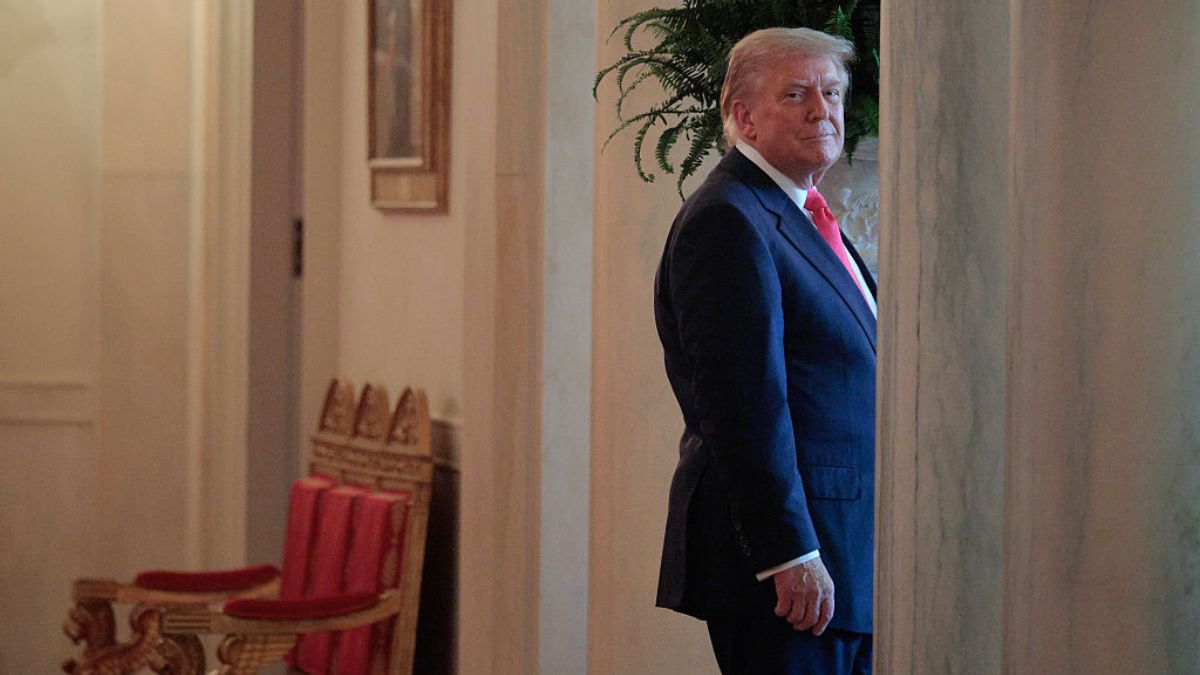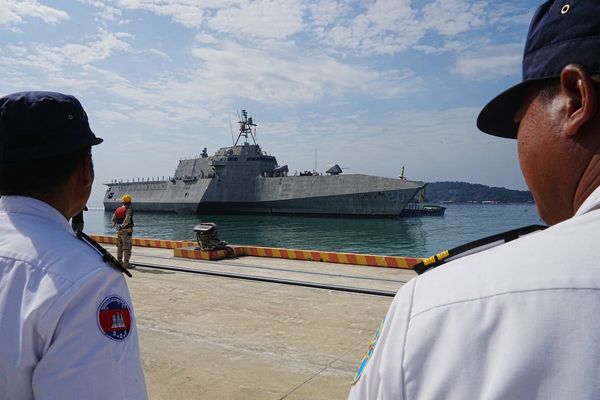
President Donald Trump’s aggressive trade negotiation style is making it hard for even friendly nations to reach agreements, as shown in the ongoing talks with India. The White House’s tough demands and linking of trade to regional politics are creating challenges for foreign governments to accept deals that could be politically damaging at home.
According to Politico, India and the United States have been in trade negotiations since February, when Trump began his plan to change global trade. While some progress has been made on agricultural issues, energy purchases, and non-tariff barriers, finalizing a deal has proven difficult.
At a White House event, Trump expressed confidence about reaching a deal with India, stating, “I think we’re going to reach a deal where we have the right to go in and trade.” He also mentioned the possibility of getting India to drop all trade barriers, though he wasn’t sure if that would happen.
Trump’s comments about India-Pakistan relations complicate trade talks
The situation has become more complex due to Trump’s repeated claims about helping broker peace between India and Pakistan. India has consistently stated it won’t accept any outside mediation regarding Pakistan. Trump’s recent decision to host Pakistan’s army chief at the White House has further complicated matters.
Modi is unable to violate ceasefire so far because he wants tariff deal with US at any cost.
— Muhammad Hamza Chowdary (@HamzaCh27) June 30, 2025
He won't get deal if he breaks ceasefire because ceasefire was agreed because Trump offered trade deals to both India and Pakistan.
About $100 Billion + exports of India are to USA
The White House sees tariffs as a tool to get concessions from other countries, both on trade and other foreign policy issues, as part of Trump’s broader reciprocal tariff strategy. However, this approach often overlooks how domestic politics in partner countries can affect trade negotiations. Similar challenges have appeared in talks with South Korea, Japan, and the European Union.
India’s situation is particularly sensitive because of its high tariffs, which average around 17 percent, and its need to protect millions of small farmers who have significant political influence. The country’s farming sector has shown its power before, with successful protests in 2020 and 2024 that forced policy changes.
Any initial deal with India would likely focus on products not readily available in the country, such as fruits, vegetables, nuts, alfalfa, and possibly ethanol, though Trump’s aggressive trade tactics continue to face scrutiny from American voters concerned about economic impacts. However, bigger issues like dairy trade remain challenging due to religious concerns in India about cow products. The negotiations are expected to continue beyond the July 9 deadline, with experts suggesting it could take at least another year to reach a comprehensive agreement.







